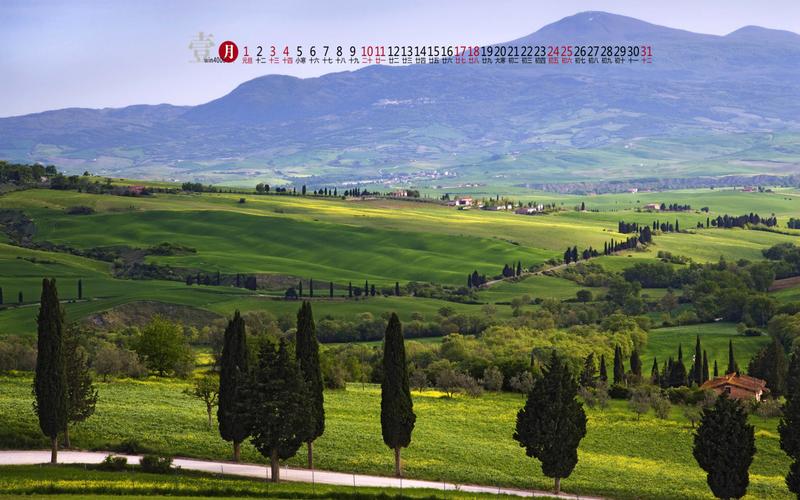Breaking Down the Dos and Don’ts of Lebanese Culture
Lebanese culture is known for its rich history, beautiful landscapes, and diverse population that makes it a unique country in the Middle East. While it may seem like a foreign world to outsiders, understanding its customs and traditions is crucial for creating successful business relationships or building personal connections.
In this article, we will take a closer look at some of the dos and don’ts of Lebanese culture to help you navigate this fascinating country with ease.
DOs:
1. Greetings are very important in Lebanese culture. When meeting someone for the first time, it’s customary to shake hands and use titles like Mr. or Mrs. until you’re invited to use their first name. When greeting a friend or relative, a kiss on the cheek (usually three times) is a common form of greeting.
2. Dress appropriately when visiting religious sites and attending formal events. For men, a suit and tie are recommended, while women should dress modestly with long skirts and covered shoulders.
3. In Lebanon, politics can be a sensitive topic. It’s best to avoid discussing political or religious beliefs unless specifically asked. If this topic comes up, it’s essential to remain respectful and neutral in your conversation.
4. Lebanese people are known for their warm hospitality and generosity, and it’s not uncommon to be invited for dinner or coffee. If invited, it’s polite to bring a small gift such as sweets, flowers, or a bottle of wine.
5. Learn a few phrases in Arabic to show that you’re making an effort to understand the culture. Some basic phrases like “Marhaba” (hello), “Kayf halak” (how are you), or “Shukran” (thank you) can go a long way in building relationships.
DON’Ts:
1. Avoid visiting religious sites during prayer times or taking photographs without permission. It’s best to check the customs and rules before entering any religious site.
2. In Lebanon, table manners are an essential aspect of social etiquette. It’s considered impolite to start eating before the host or to leave food on your plate. It’s also customary to use utensils rather than your hands while eating.
3. Refrain from drinking alcohol in public places or during Ramadan, the holy month for Muslims. Drinking alcohol is only permitted in licensed venues.
4. Avoid making physical contact such as hugs or pats on the back unless you know the person well. Physical touch is not encouraged in Lebanese culture.
5. Don’t expect punctuality in Lebanon. It’s not uncommon for appointments to start late or meetings to run over time. Be patient and flexible with timekeeping.
Conclusion:
In conclusion, mastering the dos and don’ts of Lebanese culture is essential to building successful relationships with Lebanese people. Being respectful and courteous in interactions is central to the social fabric of Lebanon. Understanding and adhering to the local customs and etiquette can go a long way in breaking down cultural barriers and creating lasting connections that transcend borders and languages.
(Note: Do you have knowledge or insights to share? Unlock new opportunities and expand your reach by joining our authors team. Click Registration to join us and share your expertise with our readers.)
Speech tips:
Please note that any statements involving politics will not be approved.
